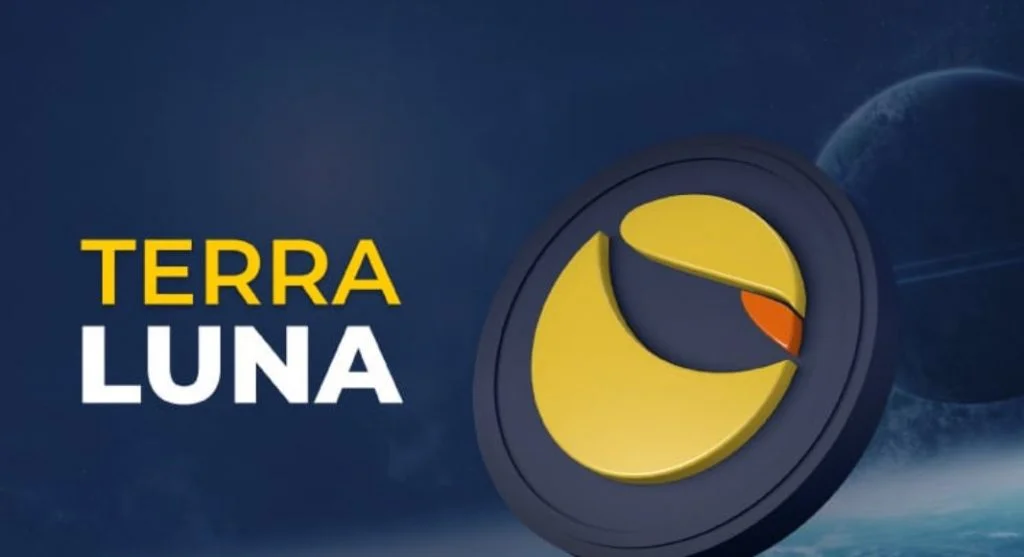Terra’s revival plan to restore some value to the blockchain appears to be hindered by some technological difficulties.

Since last week, approximately two proposals related to the recovery plan have failed to execute due to smart contract difficulties.
The proposals aimed to burn excess UST while also restoring inter-blockchain communication between Terra and other chains, allowing holders to return their LUNA and UST to Terra.
The error occurs as Terra prepares to hard fork the blockchain and launch a new version. So far, the proposal appears to have the support of 66% of LUNA holders.
Two Terra proposals are unable to be implemented
Prop 1188, the most serious of the two failures, aimed to support prices by burning 1.4 billion UST tokens from Terra’s community pool. But while users voted in favor of the proposal, it was not implemented due to a smart contract issue that attempted to burn more UST from the pool than was available.
Terra submitted a revised proposal, number 1747, to rework the measure, which is currently up for a vote.
Proposal 1299 is the more recent of the two, aimed to restore some level of inter-blockchain communication (IBC) between Terra and other chains, in this case, Osmosis.
The proposal failed to execute since some IBC channels had already been opened, resulting in a smart contract issue, Terra explained in a tweet.
IBC channels are currently being restored in a broader sense by developers.
Is the hard fork going to happen?
With a majority of LUNA holders supporting the new Terra, it seems the governance plan is likely to pass. But over 13% of holders have vetoed the proposal, so it is unclear how their veto will be weighed.
Still, On the technical side, the hard fork is regarded as the chain’s largest proposal yet. The proposal aims to construct a new Terra without Terraform Labs or the UST stablecoin. It will also distribute new LUNA tokens to holders, divided across pre-crash holders and post-crash holders.
It remains to be seen whether the developers and Do Kwon can accomplish this without disruptions. According to Kwon, the blockchain is still collecting information for the airdrop.
